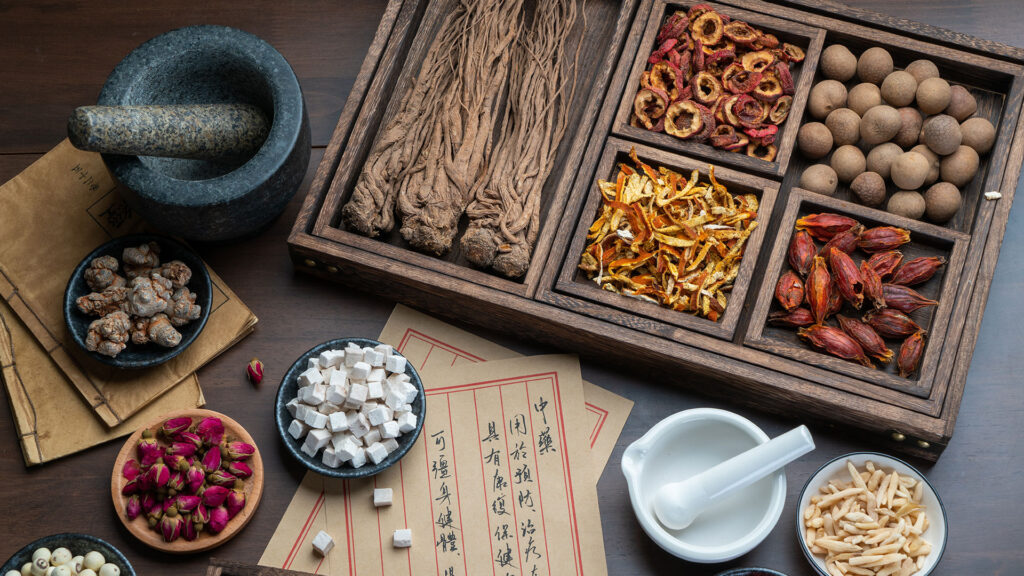In traditional Chinese medicine, food is seen as more than just a source of nutrition. It is
also viewed as a powerful tool for healing and maintaining health. Chinese dietary
therapy is a branch of traditional Chinese medicine that focuses on using food as
medicine to prevent and treat a wide range of health conditions. In this article, we will
explore the principles of Chinese dietary therapy and how you can use food to support
your health and well-being.
The Principles of Chinese Dietary Therapy
According to Chinese dietary therapy, food is classified based on its energetic
properties, such as temperature, flavor, and texture. Each food has a unique energetic
profile that can affect the body in different ways. For example, foods that are considered
“cooling” can help reduce inflammation and heat in the body, while “warming” foods can
help improve circulation and digestion.
In addition to the energetic properties of food, Chinese dietary therapy also takes into
account the individual’s constitution and health condition. Different people may have
different dietary needs based on their age, gender, and overall health. For example,
someone with a weak digestive system may need to avoid certain foods that are difficult
to digest, while someone with a cold or flu may benefit from warming foods that can
help boost the immune system.
Using Food as Medicine
One of the key principles of Chinese dietary therapy is that food can be used to prevent
and treat a wide range of health conditions. By choosing the right foods and preparing
them in the right way, you can support your body’s natural healing processes and
promote optimal health and well-being.
Here are some examples of how you can use food as medicine:
- Boosting the immune system: Foods that are rich in vitamin C, such as citrus
fruits and leafy greens, can help boost the immune system and protect against
illness. - Supporting digestion: Foods that are easy to digest, such as soups and stews,
can help support digestion and reduce inflammation in the gut. - Reducing inflammation: Foods that are high in omega-3 fatty acids, such as fatty
fish and nuts, can help reduce inflammation in the body and protect against
chronic diseases. - Balancing hormones: Foods that are rich in phytoestrogens, such as soy and
flaxseed, can help balance hormones and reduce symptoms of menopause. - Improving sleep: Foods that are high in tryptophan, such as turkey and pumpkin
seeds, can help improve sleep quality and promote relaxation.
In addition to choosing the right foods, Chinese dietary therapy also emphasizes the
importance of mindful eating. This means taking the time to savor your food, chewing
slowly and thoroughly, and paying attention to how your body feels after eating. By
practicing mindful eating, you can improve digestion, reduce stress, and enhance your
overall enjoyment of food.
Chinese dietary therapy is a powerful tool for using food as medicine to support your
health and well-being. By understanding the energetic properties of food and how they
can affect the body, you can make informed choices about what to eat and how to
prepare it. Whether you are looking to boost your immune system, support digestion, or
balance your hormones, there is a wide range of foods that can help you achieve your
health goals.
So next time you sit down to eat, remember that food is more than just fuel
– it is also a powerful tool for healing and maintaining health.





